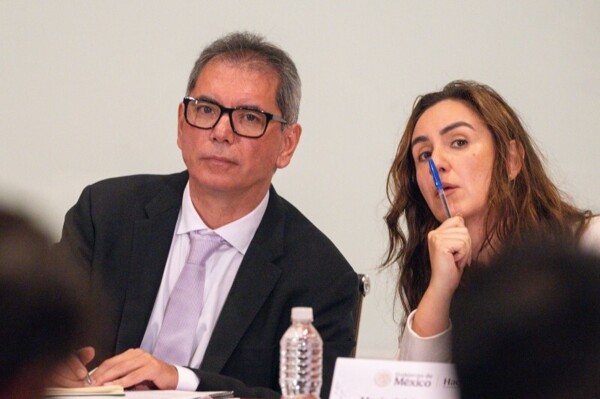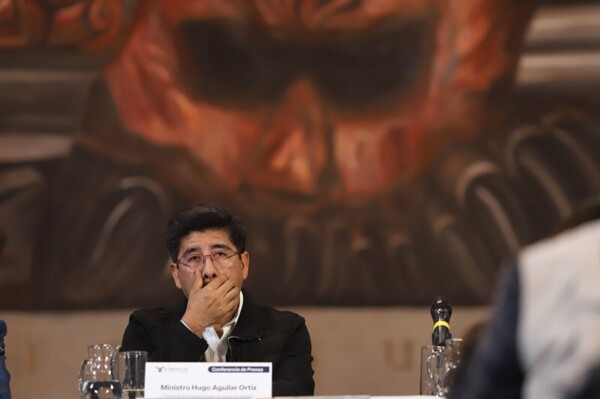
The Legislature of the State of Mexico unanimously approved the creation of Integrated Waste Centers, aimed at converting waste into electrical energy and reducing the environmental impact caused by the accumulation of waste.
"We seem to be the garbage state of the country, therefore, with this initiative we will seek to leave behind the bad practice and move towards a future where waste can have a useful life," stated Deputy José Alberto Couttolenc Buentello during the session in the local Congress.
The project, driven by the head of the State Executive Power and local legislators, modifies the Code for Biodiversity of the State of Mexico to improve the management and treatment of urban solid waste.
The creation of Integrated Waste Centers will allow the implementation of waste-to-energy technology, a method that transforms waste into electrical energy. This model is backed by the National Autonomous University of Mexico (UNAM) and the Autonomous University of the State of Mexico (UAEMéx), institutions that have highlighted the feasibility of this technology for sustainable development.
In addition to energy generation from waste, the initiative includes the possibility of imposing community service on those who repeatedly engage in the bad practice of littering in public spaces.
The opinion emphasizes the need to establish effective public policies that help mitigate the environmental crisis caused by the accumulation of waste.
"Today, with this initiative, we say enough of seeing waste as a problem in the State of Mexico. We will transform the so-called garbage into energy; we have a clear goal: zero waste," concluded Couttolenc Buentello.
The State of Mexico faces a growing environmental challenge, so the recent approval of this reform seeks to position the entity as a benchmark in sustainable waste management.
With this measure, the state government hopes that the initiative will serve as an example for other entities, promoting a cleaner, sustainable, and innovative model throughout the country.














